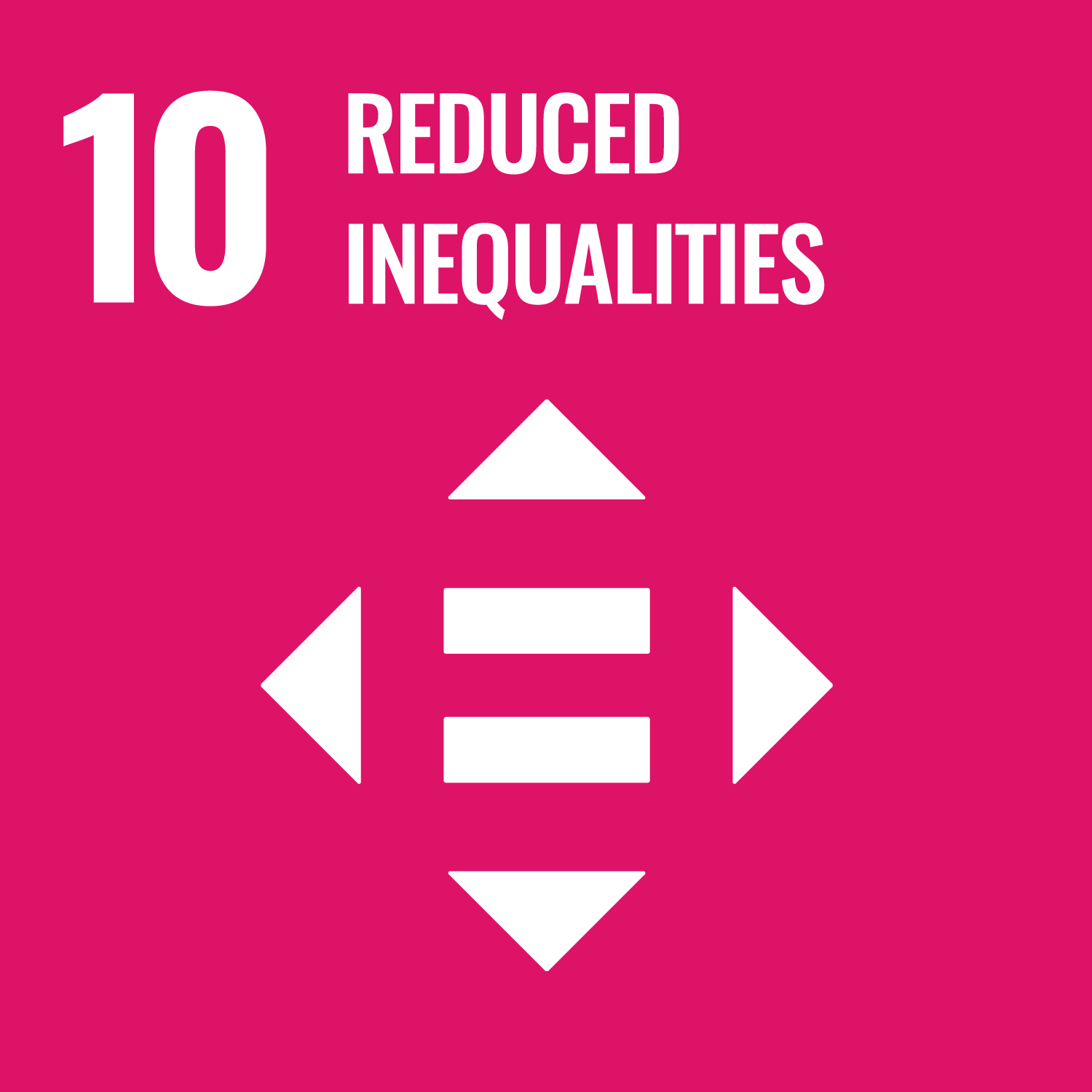Utah High Quality Preschool Program
Aligned SDGs


- Utah High Quality Preschool Program
- General overview
- Location
- Involved organisations
- Outcome metrics
- Results
- SyROCCo reports
- Other resources
- Spreadsheet of data
- Utah High Quality Preschool Program
- General overview
- Location
- Involved organisations
- Outcome metrics
- Results
- SyROCCo reports
- Other resources
- Spreadsheet of data
General overview
Stage of development: Implementation
Policy sector: Education
Date outcomes contract signed: Jun 2013
Start date of service provision: Sep 2013
Capital raised (minimum): USD 7m
Intervention
Delivery of high impact and targeted curriculum to increase school readiness and academic performance among preschoolers. The program is a locally-designed, structured preschool model that lasts 1 or 2 years. As a result of entering kindergarten better prepared, it is expected that fewer children will use special education and remedial services in kindergarten through 12th grade.
Target population
Low-income 3 and 4 year olds are invited to participate in the preschool program, but only those who score 70 or less on the Peabody Picture Vocabulary Test are tracked through primary school.
Location
Country
- United States
Service delivery locations
- Salt Lake County, Utah, USA
Involved organisations
Outcome metrics
- Decrease in use of special education between grades K-6. Full year that student avoided using special education in primary school. Administrative data provided by schools.
- Decrease in use of special education between 6th and 12th grades. Full year that student avoided using special education in secondary school. Administrative data provided by schools.
Powered by SyROCCo SyROCCo reports
The following articles are taken from the Systematic Review of Outcomes Contracts Collaboration (SyROCCo) Machine Learning tool.
The tool is a collaboration between the Government Outcomes Lab and machine learning experts from the University of Warwick, that allows you to navigate and explore data extracted from nearly 2000 academic and grey literature publications related to outcomes-based contracting.
Other resources
Spreadsheet of data
Important Notice and Disclaimer on INDIGO Data
INDIGO data are shared for research and policy analysis purposes. INDIGO data can be used to support a range of insights, for example, to understand the social outcomes that projects aim to improve, the network of organisations across projects, trends, scales, timelines and summary information. The collaborative system by which we collect, process, and share data is designed to advance data-sharing norms, harmonise data definitions and improve data use. These data are NOT shared for auditing, investment, or legal purposes. Please independently verify any data that you might use in decision making. We provide no guarantees or assurances as to the quality of these data. Data may be inaccurate, incomplete, inconsistent, and/or not current for various reasons: INDIGO is a collaborative and iterative initiative that mostly relies on projects all over the world volunteering to share their data. We have a system for processing information and try to attribute data to named sources, but we do not audit, cross-check, or verify all information provided to us. It takes time and resources to share data, which may not have been included in a project’s budget. Many of the projects are ongoing and timely updates may not be available. Different people may have different interpretations of data items and definitions. Even when data are high quality, interpretation or generalisation to different contexts may not be possible and/or requires additional information and/or expertise. Help us improve our data quality: email us at indigo@bsg.ox.ac.uk if you have data on new projects, changes or performance updates on current projects, clarifications or corrections on our data, and/or confidentiality or sensitivity notices. Please also give input via the INDIGO Data Definitions Improvement Tool and INDIGO Feedback Questionnaire.